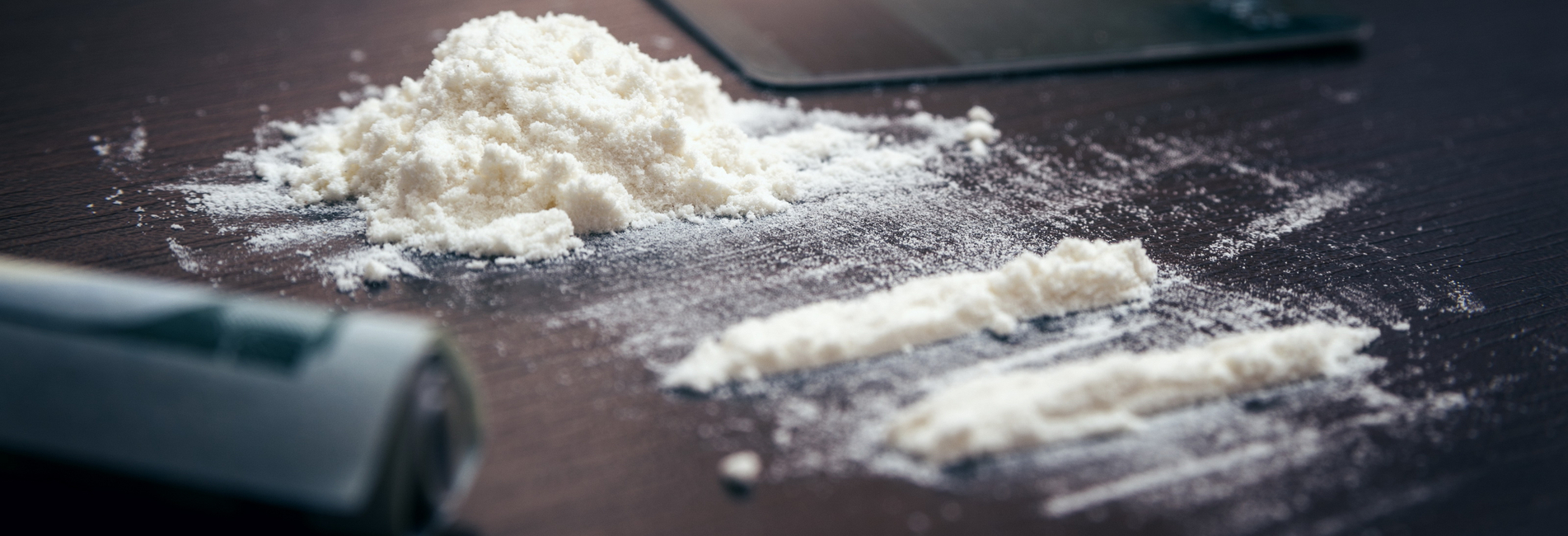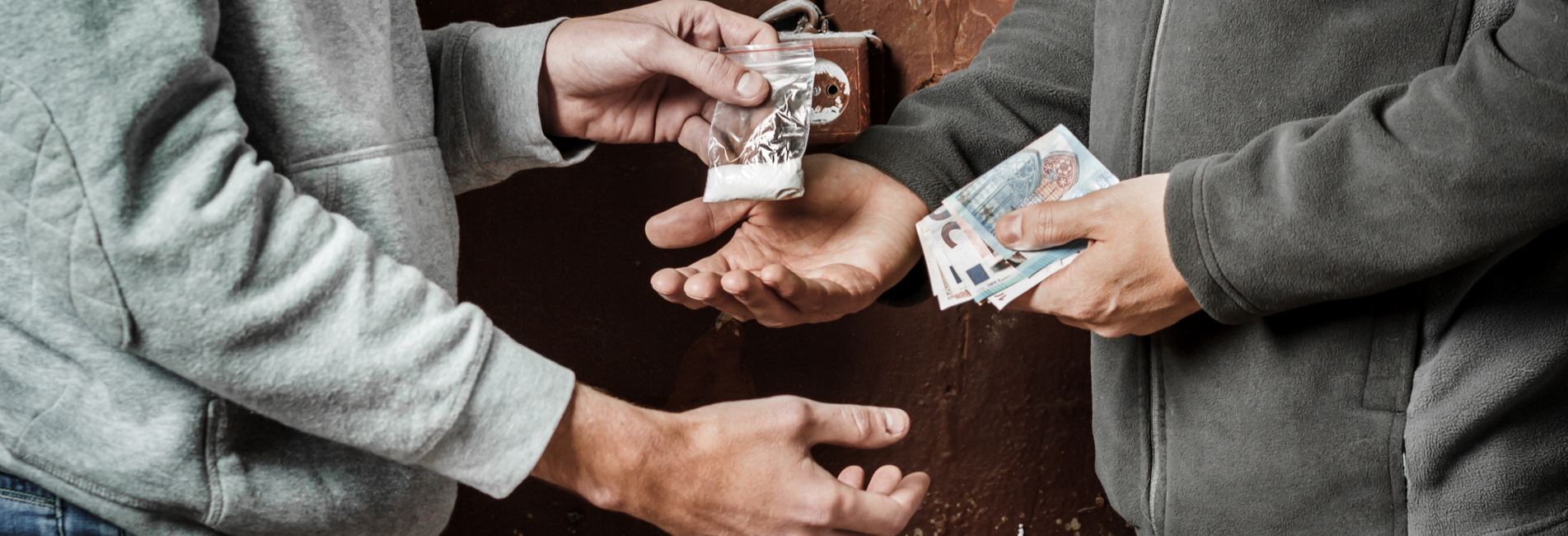
Cocaine Addiction Treatment in Surprise, AZ
What Is Cocaine Addiction Treatment in Surprise, AZ
Table of Contents
If you are struggling with cocaine or crack use, take advantage of cocaine addiction treatment in Surprise, AZ.
High-quality treatment programs help you bring your drug consumption to an end. They also help you establish a new way of living that does not include drug use.
Immediate Placement in Cocaine Addiction Treatment
Cocaine and Crack
Cocaine and crack are closely related substances made from the South American coca plant. Cocaine processed from coca takes the form of a powder.
Crack is a rock-like substance made by processing powdered cocaine even more.
All forms of cocaine belong to a class of drugs called stimulants. Stimulants work by making your brain and nervous system work faster than normal.
Common slang terms for powdered cocaine include:
- Blow
- Coke
- Powder
- Snow
- C
Crack is itself a slang term. Scientists refer to this form of the drug as freebase cocaine.
Learn More About our Cocaine Rehab Program
Understanding Cocaine and Crack Addiction
Like the stimulants amphetamine and methamphetamine, cocaine is very addictive.
The drug causes problems in several ways. Most importantly, it produces an extreme increase in a brain chemical called dopamine.
Dopamine plays a significant role in your ability to feel pleasure. Small increases in this chemical lead to small increases in pleasurable feelings.
Large dopamine increases lead to intense feelings of pleasure. Cocaine use triggers much stronger pleasurable feelings than enjoyable activities that do not involve drug use. If you take the drug long enough and in large enough amounts, your brain will come to expect this extreme pleasure boost.
Cocaine users who reach this stage are dependent on the drug.
The physical and psychological effects of dependence are the classic indicators of a cocaine addiction. Cocaine also makes other changes in your body that support addiction. Specifically, the drug makes you more sensitive to the effects of stress.
If addicted users stop taking cocaine, their stress levels will rise. A desire to ease stressful feelings makes you more likely to keep using the drug. It also increases your risks for relapse if you stop using cocaine.
Symptoms of Cocaine or Crack Addiction
Cocaine/crack addiction is a specific form of stimulant use disorder. This disorder covers all forms of stimulant addiction.
It also covers all forms of serious, non-addicted stimulant abuse. Possible symptoms of stimulant use disorder include:
- Loss of control over how often you use powdered cocaine or crack
- Inability to control how much crack or powdered cocaine you use
- Increasing tolerance to the effects of cocaine/crack
- Continuing to use the drug despite know how it damages your mind and body
- Having a lifestyle that is centered on cocaine/crack use
- Experiencing strong urges to consume more cocaine or crack
- Developing signs of withdrawal if you do not take the drug
Cocaine and other stimulants produce similar withdrawal symptoms. These symptoms include:
- A depressed state of mind
- Feelings of paranoia
- Lack of physical energy
- Unusual sleepiness or sleeplessness
- Feelings of irritation or anxiousness
- Slowed mental and physical reaction times
- A powerful desire to start substance use again

Mental Illness and Cocaine Addiction
There is a two-way connection between cocaine addiction and mental illness. If you suffer from addiction, you have higher chances of experiencing mental illness.
And if you suffer from mental illness, you face higher odds of developing a substance addiction. For these reasons, addiction and serious mental health issues often occur together.
This situation produces a condition called dual diagnosis. If you have symptoms of dual diagnosis, you face a more challenging road back to sobriety.
However, there are treatments that will help you meet this challenge.
Medicaid Accepted for Cocaine Rehab
Types of Cocaine Addiction Treatment in Surprise, AZ
The First Step – Drug Detox
So, what types of treatment are used in cocaine rehab? The first step in effective recovery is a period of detox or detoxification. Detox requires you to stop your substance use. If you suffer from addiction, this stoppage will bring on symptoms of withdrawal.
Cocaine/crack withdrawal is unpleasant, but the help you receive in detox will help you get through this process. In a supervised detox program, a doctor will oversee your care. However, medication is not used to treat stimulant withdrawal.
Instead, your doctor will monitor your health and help you feel more at ease. During your time in detox, you will also get ready to take part in active substance treatment.
Such treatment is the universal standard for anyone trying to recover from substance problems. If you go through detox but do not continue your treatment, you face high risks for a drug relapse.

The Next Step – Active Treatment
Medication is also not used during active treatment for cocaine problems. Instead, an effective drug rehab will use something called behavioral therapy.
Behavioral therapy comes in multiple forms. However, these forms share one thing in common.
Namely, they aim to change the way you think and act about everything related to substance use. Common choices of therapy for people with stimulant use disorder include:
- Cognitive Behavioral Therapy or CBT
- Contingency management
- Community reinforcement approach or CRA
- 12-step facilitation therapy
These methods produce positive changes in different ways. For this reason, it is common to receive two or more types of therapy while in active treatment.
Some programs use something called The Matrix Model. This therapy combines several techniques to support recovery from stimulant problems.
Treating Dual Diagnosis
Effective plans for dual diagnosis must address your mental health issues, as well as your substance-related issues.
An effective treatment option in this situation is Dialectical Behavior Therapy, or DBT. DBT has a proven track record helping people with substance problems recover their mental health.
Programs for Cocaine Addiction Treatment in Surprise, AZ
Cocaine rehab near you may take place in several different kinds of programs. For example, you may need to enroll in a residential program where you live onsite throughout your treatment.
As an alternative, your doctor may recommend an outpatient program that lets you live at home. Outpatient programs come in forms that include:
- Partial hospitalization
- Intensive outpatient care
- Standard outpatient care
Ask your doctor which type of cocaine drug rehab will work best for you.
Seek Cocaine Addiction Treatment in Surprise, AZ Today
Cocaine/crack is a powerful source of drug addiction. Like other addictive substances, it hijacks your brain by triggering physical and psychological dependence.
In addition, cocaine increases your sensitivity to feelings of stress. The diagnosis given to people addicted to the drug is stimulant use disorder.
To recover from stimulant use disorder, you must do two things. First, you must go through a period of supervised drug detox. In addition, you must take part in an active treatment program.
Free Insurance Verification for Drug Rehab
Cocaine Addiction Treatment in Surprise, AZ
Medication is not used in stimulant detox or stimulant treatment.
During treatment at Emerald Isle, you will receive help from behavioral therapy. This therapy helps you develop healthy thoughts and behaviors that support drug abstinence.
You will probably receive different types of behavioral assistance while enrolled in rehab.
A specific form of therapy, DBT, is used to help people affected by dual diagnosis. You may need to enroll in an inpatient program to recover from cocaine-related problems.
However, recovery in an outpatient program is also possible.
Your doctor will help decide whether inpatient or outpatient care meets your needs.
Cocaine Addiction Treatment at Emerald Isle
If you are seeking treatment for cocaine addiction, called the experts at Emerald Isle today.
Our specialists will direct you toward information that supports your recovery goals. In addition, Emerald Isle offers a full slate of inpatient and outpatient services for addiction-related care.
We will do a free insurance verification to find out exactly what your insurance covers.
Let us do the work for you.
Call today for help.